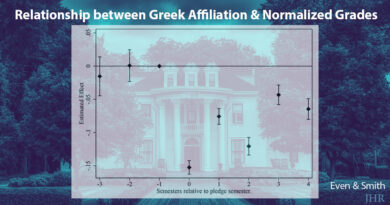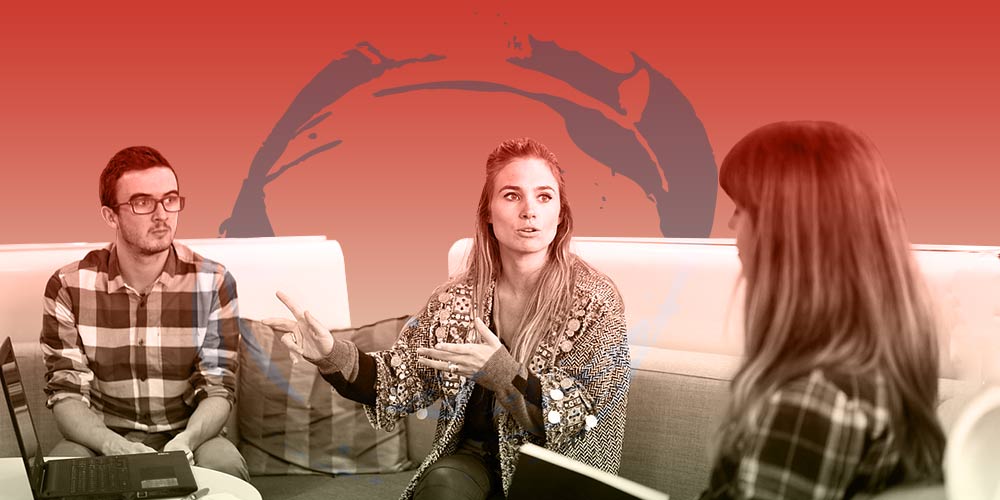New Evidence on How to Detect and Prevent Academic Cheating
To uphold the principles of academic integrity, educational institutions around the globe engage in an ongoing fight against academic cheating. But surprisingly little is known about how prevalent academic cheating actually is, and how it can be prevented effectively. Researchers Tobias Cagala, Ulrich Glogowsky, and Johannes Rincke, analyzed data from undergraduate multiple-choice exams at the business school of a German university to examine how one can document and prevent plagiarism in exams.
Their work makes two key contributions to a better understanding of this problem. First, they apply a novel method to make cheating visible. The team randomly assigned students to seating locations in exams and compared similarities in multiple choice answers between seat neighbors and non-neighbors. Because non-neighbors cannot copy from each other, this comparison identifies the excess similarity in answers that is due to cheating. They find traces of cheating among at least 7.7% of neighbor pairs, with academically weaker students cheating more.
Second, using data from a field experiment, they demonstrate that close monitoring eliminates cheating. By contrast, signing an honesty declaration before the exam doubled cheating relative to a control group of students who did not sign a declaration. Complementary experiments suggest that the declaration backfired because it triggered the perception among students that cheating is widespread.
The findings suggest solid advice for instructors, according to Rincke: “In summary, our paper demonstrates that plagiarism in exams is common, that methods exist to measure and quantify cheating, that close monitoring is an effective tool to foster academic integrity, and that requesting students to sign honesty declarations is not.”
Read the study in the Journal of Human Resources: “Detecting and Preventing Cheating in Exams: Evidence from a Field Experiment,” by Tobias Cagala, Ulrich Glogowsky, and Johannes Rincke.
***
Tobias Cagala is at Deutsche Bundesbank. Ulrich Glogowsky is at Johannes Kepler University Linz (@UGlogowsky). Johannes Rincke is at University of Erlangen-Nuremberg (@JRincke).




